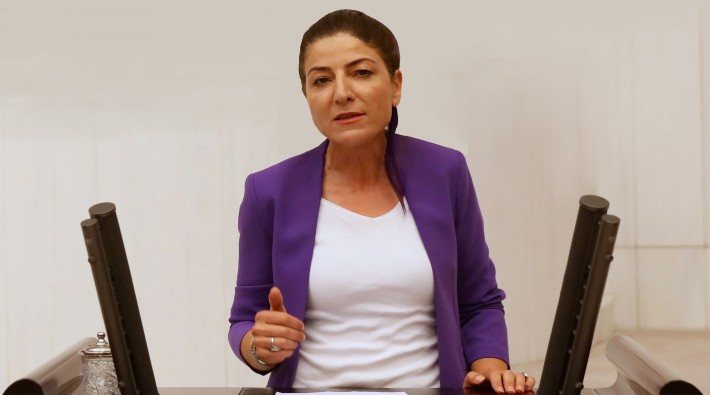Prison parole boards discriminate against political prisoners, Peoples’ Democratic Party (HDP) deputy Züleyha Gülüm claimed in a parliamentary question to Justice Minister Abdülhamit Gül, the Stockholm Center for Freedom reported citing the Tr724 news website.
According to the Tr724 news website, Gülüm asked Gül why so many political prisoners who were eligible for parole were denied release by prison administrations.
Gülüm highlighted the case of Fahrettin Şahin, who was denied release by the parole board after he became eligible on April 21, having served 30 years of a prison sentence. “Although prisons do not have the power to decide how long an inmate should serve time, they can issue behavior reports, which are used to prevent the release of political prisoners,” she said.
According to Gülüm many political prisoners protest against rights violations that take place in prisons, which results in “bad behavior” reports. “These decisions are extremely arbitrary and lead to violations of prisoners’ rights,” she said. “Political prisoners are made to profess remorse and are prevented from taking part in events organized by other inmates to receive good behavior reports.”
According to the Turkish Penal Code, people convicted of membership in a terrorist organization are eligible for parole after serving two-thirds of their sentence.
However, many political prisoners and especially journalists are still waiting for parole despite having served the required amount of time .
In some cases, inmates are not released because their prison sentence has not yet been upheld by the Supreme Court of Appeals. However, even though some political prisoners signed waivers saying they accepted the lower court’s verdict and did not want to wait for a decision on the appeal, they were not granted parole.
In a statement last year Amnesty International called for Turkish authorities to release prisoners who are eligible for parole, especially during the COVID-19 pandemic.

